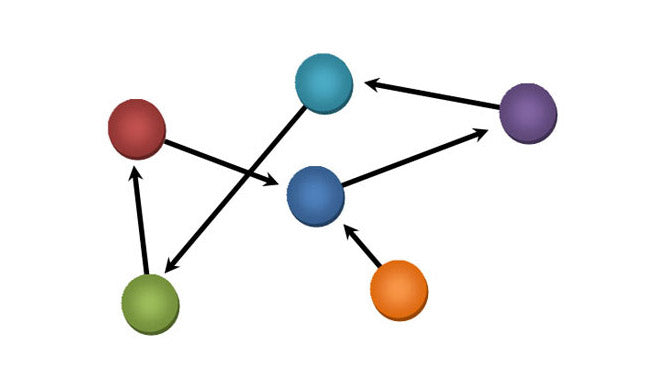Purpose
This exercise helps delegates to understand and appreciate the power of eye contact and how it can affect emotional connection and emotional states. It is ideal in teaching emotional intelligence, body language and communication skills.
You can get the most from this exercise with a follow up discussion so make sure you allocate enough time for this.
Objective
Make eye contact with others following the instructions given by the trainer.
What You Need
- An empty room where a group of delegates can easily walk around.
- Blank cards that are easy to write notes on them while standing.
Setup
- Distribute a blank card to each delegate.
- Ask the delegates to spread around the room.
- Explain that they should assume they are in an art gallery or a museum.
Stage 1:
- Ask the delegates to roam around the room as if they are in a public space while not making eye contact with anyone else. They should improvise and act the role.
- Allow one minute for this part.
- Stop everyone and ask the delegates to make a note of their feelings on their cards.
Stage 2:
- For this round, ask the delegates to seek out eye contact as they go about the room. However, as soon as they have made eye contact, they should break it and look away.
- Allow two minutes for this part.
- Stop everyone and ask them to record their feelings on their cards.
Stage 3:
- In this round, ask the delegates to seek out eye contact and as soon as they have made eye contact with anyone they should pair up with that person. They should stand side by side and do not establish eye contact with anyone else.
- Allocate two minutes for this part.
- Stop everyone and ask them to record their feelings on their cards.
- Bring everyone back together and follow with a discussion.
Timing
Explaining the Exercise: 5 minutes
Activity: 1 min Stage 1 + 2 min Stage 2 + 2 min Stage 3 = 5 minutes
Group Feedback: 10 minutes
Discussion
While going through various stages of the exercise how did you feel? How did it feel when you were making eye contact and you had to break it straight away? How did it feel when you made eye contact and you could approach the person to pair up? If you were slow to pair up with someone, how did it feel to go about finding someone you could make eye contact with? How easy was it to make eye contact with someone? How close do you feel with people that you maintained an eye contact with? What pre-conditioning dictates our behaviour in making eye contact or maintaining eye contact? How does this compare between different societies?
Comments
By Bharti Saini @ Wednesday, January 3, 2018 11:32 AM
I particularly like this one as it acts as an ice-breaker and even paves way to know people with whom we have been working in the same organisation but hesitant to approach or know...
Soft Skills Training Materials
Get downloadable training materials
Online Train the Trainer Course:
Core Skills
Learn How to Become the Best Trainer in Your Field
All Tags
Training Resources for You

Course Design Strategy
Available as paperback and ebook

Free Training Resources
Download a free comprehensive training package including training guidelines, soft skills training activities, assessment forms and useful training resources that you can use to enhance your courses.

Our Comprehensive Guide to Body Language

Train the Trainer Resources
Get Insights - Read Guides and Books - Attend Courses
Training Materials
Get downloadable training materials on: Management Training, Personal Development, Interpersonal Development, Human Resources, and Sales & Marketing














Leave a comment
All comments are moderated before being published.
This site is protected by hCaptcha and the hCaptcha Privacy Policy and Terms of Service apply.